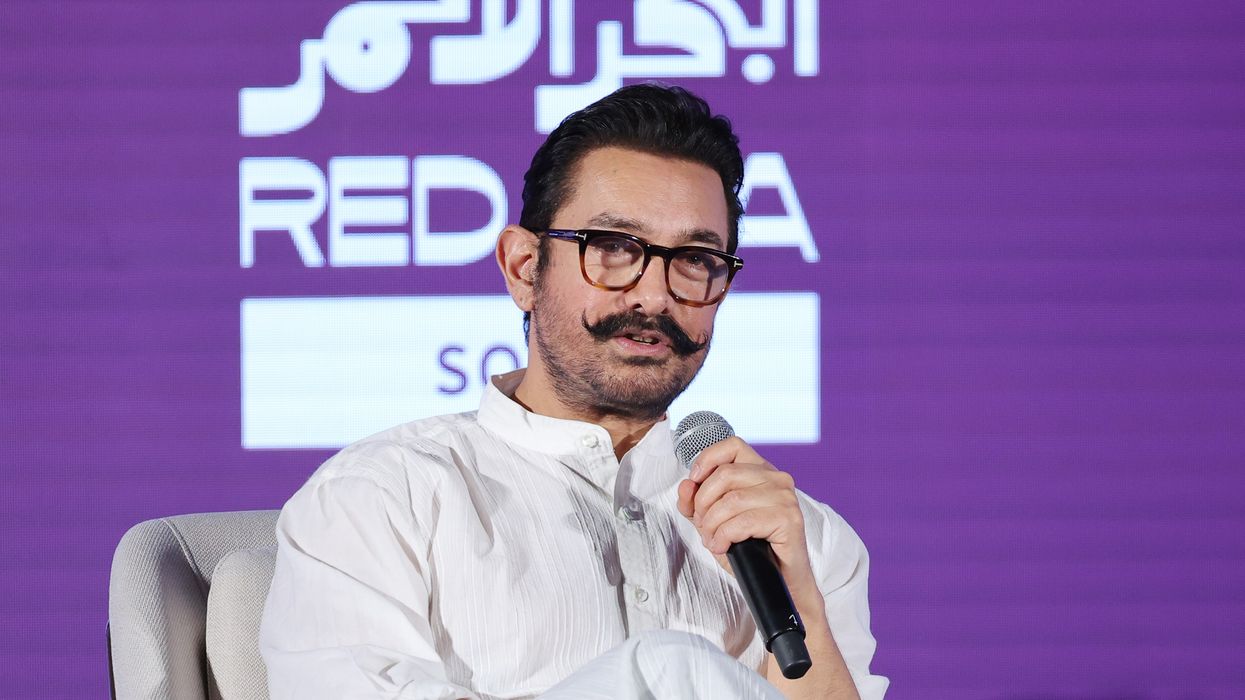Aamir Khan isn’t rushing his next big move. After a quiet spell post Laal Singh Chaddha, the actor has finally shared a concrete update on what’s long been rumoured: his ambitious attempt to adapt the Indian epic Mahabharat for the screen.
Speaking to The Hollywood Reporter, Aamir confirmed he’s ready to begin early work on the project this year though fans shouldn’t expect a quick rollout. “The writing alone will take years,” he admitted, hinting at the scale and complexity of the plan. What he envisions isn’t a single film, but a sprawling multi-part series, inspired by the structure of The Lord of the Rings.
- YouTubeyoutu.be
Rather than centring himself as its hero, Aamir is stepping into the producer’s seat first. Whether or not he’ll act in it remains undecided. Casting, he says, will be entirely dependent on what each role demands. “It’s not about who I want, it's about who fits” he explained.
As for directing? He’s not holding on to that either. “Telling the Mahabharat in one film is impossible. It needs to be done in parts, probably with multiple filmmakers,” he said, acknowledging the need for varied perspectives to do justice to the epic’s depth.
This isn't a sudden decision. Aamir has been circling this dream for years. Back in 2018, reports claimed he exited the Rakesh Sharma biopic to focus on Mahabharat, then rumoured to cost over £95 million (₹1000 crore). But by 2022, he was still unsure. Speaking then, Aamir explained that making the film was not just a cinematic task, but a deeply personal and spiritual commitment.
The Bollywood icon calls his long-gestating Mahabharat project a spiritual journey, not just a cinematic oneGetty Images
For now, he’s keeping things grounded. He knows the expectations. He knows the pressure. And he’s in no mood to cut corners. “This isn’t just another project,” he said, “It’s one of my biggest dreams.”
In the meantime, Aamir will return to screens with Sitaare Zameen Par, a thematic follow-up to his 2007 hit Taare Zameen Par. Directed by RS Prasanna, the film stars Genelia Deshmukh and reunites him with Darsheel Safary. It’s due to release in June 2025.
So while Mahabharat is still years away, Aamir Khan is finally setting the wheels in motion slowly, thoughtfully, and on his own terms.





